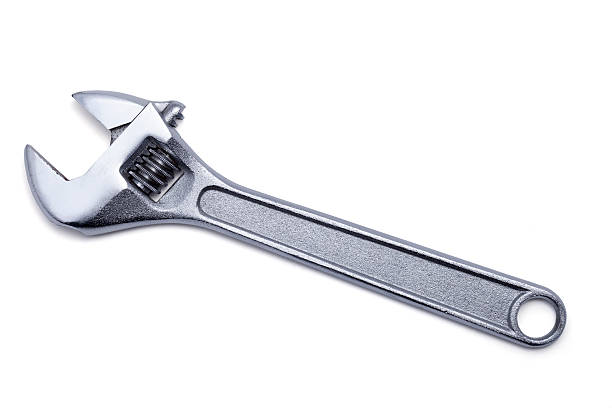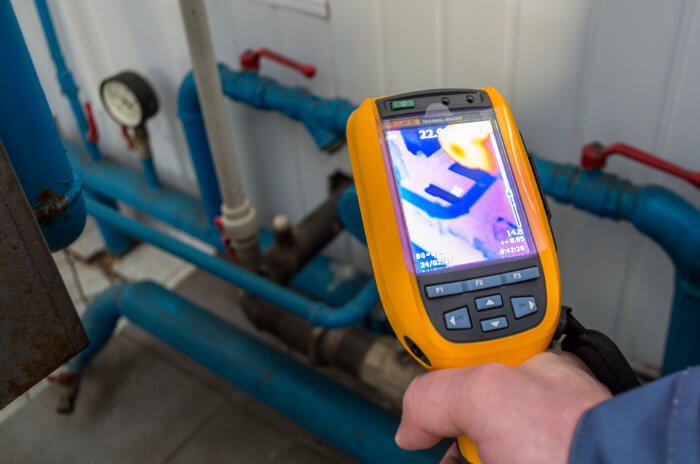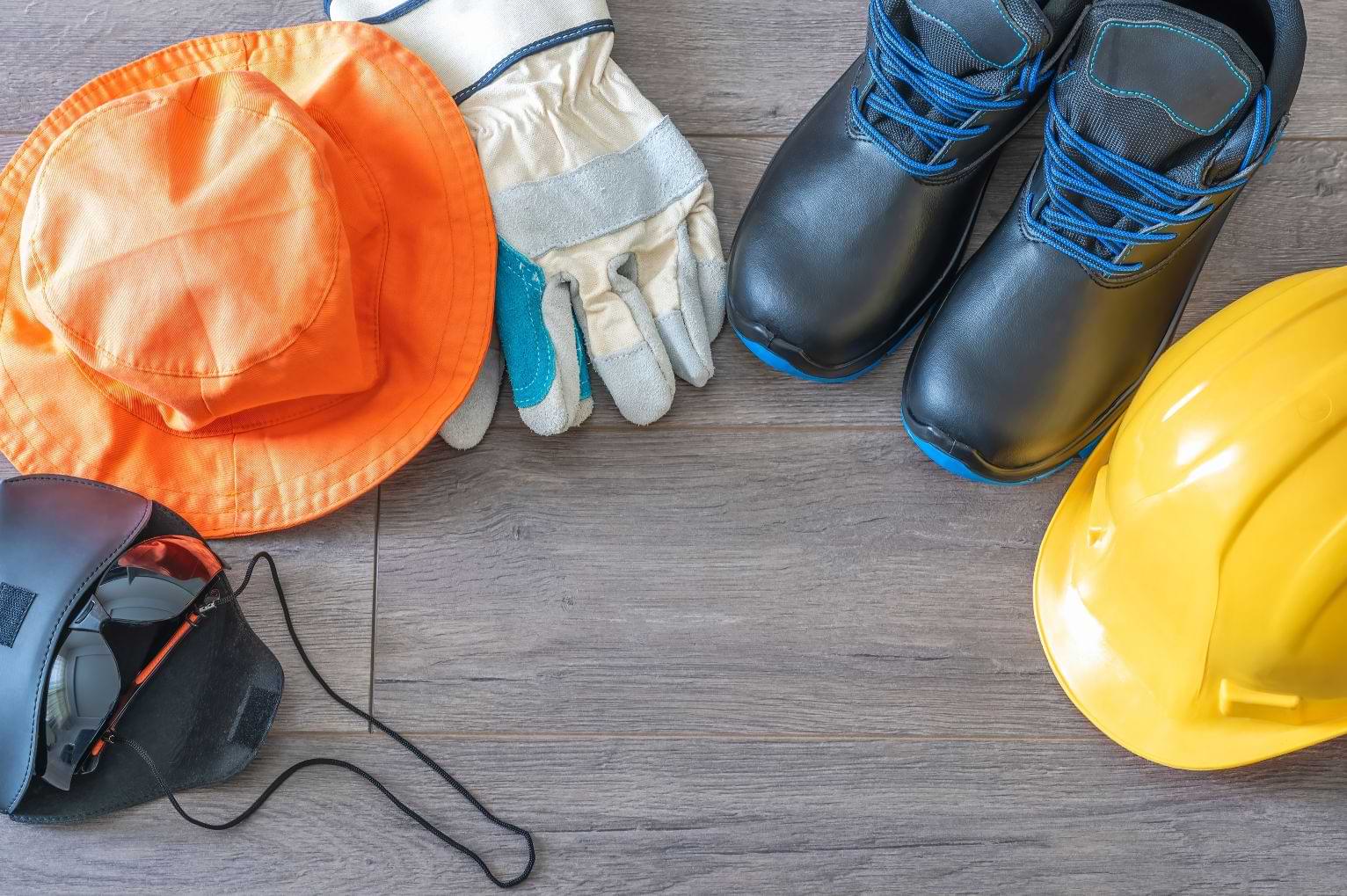

Choosing the Right Course
Selecting the right plumbing education will greatly improve your career path and basic competency. When you’re looking at alternatives, you should give numerous elements that guarantee you’re choosing the greatest one some thought. This is a useful manual to help you go through your choices and come at a wise conclusion.
1. Verify Course Accreditation: Accredited courses are more likely to be acknowledged by future companies and satisfy industry criteria. Accreditation guarantees that the course is thorough and current, therefore arming you with the necessary information and abilities for the plumbing sector.
2. Consider Instructor Qualifications: Expert teachers provide priceless real-world knowledge that will help you to better grasp plumbing ideas and techniques. To be sure the teachers have a great deal of area knowledge and experience, review their qualifications and professional history.
3. Look for Online Availability: If your calendar is limited, an online course you the freedom you need to juggle education with other responsibilities. Often with great convenience, several respectable companies give excellent online plumbing courses with the same thorough training as in-person instruction.
4. Check Class Schedules: To be sure the class schedules fit your availability, always review them. If you have other daytime obligations, several courses have evening or weekend sessions that might be helpful. Scheduling with flexibility helps you to properly manage your time without sacrificing your education.
5. Evaluate Cost Considerations: Although choosing the least expensive solution is enticing, you should weigh cost against the kind of instruction you are getting. Think about the course’s worth given the thorough instruction, tools, and support it offers. By arming you with better skills and information, investing in a higher-quality education will pay you over time.
6. Hands-On Training Opportunities: Plumbing calls for practical experience. Make sure the course provides chances for practical training where you may use theoretical knowledge in real-world situations, including labs or apprenticeships.
7. Career Support Services: Some classes include career support services like job placement help, resume development seminars, and industry professional networking possibilities. These tools might be very helpful in guiding your move from training to work.
8. Reviews and Testimonials: Search for comments and endorsements from past students. Their opinions might help one understand the general level of satisfaction with the training program, course quality, and teacher effectiveness.
Quick Overview to Help You Compare
| Factor | Why It Matters |
| Course Accreditation | Guarantees industry recognition. |
| Instructor Qualifications | Provide real-world insights |
| Online Availability | Offers learning flexibility |
| Class Schedules | Must line up with your own schedule. |
| Cost Considerations | Strikes a mix between cost and quality. |
| Hands-On Training | Crucially important for the development of practical skills |
| Career Support Services | Promotes employment and professional progress. |
| Reviews and Testimonials | Provides information on course efficacy. |
Selecting a proper plumbing education lays a basis for your future in plumbing, not just teaches how to mend pipes. Examining these elements can help you choose a path that not only satisfies your academic requirements but also advances your long-term professional objectives. Spending time now for study will pay dividends when you start a fulfilling and prosperous career in plumbing.
Essential Tools and Equipment
Having selected a plumbing course, now you should concentrate on the tools and equipment need to begin your education. Developing your abilities and guaranteeing your ability to manage different plumbing jobs effectively depend on having the correct instruments. Together with other advice to get you going, this is a thorough overview on the basic tools and equipment for novice plumbers.
| Tools and Equipment | Description |
|
One of your basic tools should be a pipe wrench. For jobs like faucet installation where exact torque may either make or ruin a project, this tool is absolutely necessary for holding and rotating pipes. To handle varied pipe diameters, invest in several sized pipe wrenches. |
|
Learn the parts—washers, O-rings, and valve seats—that go into faucet assembly. Knowing these components guarantees your ability to manage installation and troubleshooting efficiently. Doing faucet repairs and maintenance calls for this kind of understanding. |
|
Purchase decent leak detection tools. Whether it’s a basic dye test kit or more sophisticated electronic tools, timely repairs and maintenance depend on effective identification of leaks. Just this ability will save a lot of money and water, so you will be very helpful in any plumbing work. |
|
Basic soldering techniques apply for connecting pipes or permanently correcting leakage. Make sure your soldering iron is trustworthy, and grasp the principles of heating and solder application. Before working on actual projects, gain confidence by practicing soldering on waste bits. |
|
To stop leaks down the road, one must first master thread sealing. Correct use of Teflon tape or pipe dope will firmly and powerfully secure pipe threads. Learn about both materials and then try using them to guarantee leak-free connections. |
|
Basic drain cleaning calls for a plunger and a hand auger—or plumber’s snake. These instruments let you empty drains, toilets, and sinks without harming the pipes. |
|
Cutting pipes to the intended length calls for both a pipe cutter and a tubing cutter. These instruments cut precisely and cleanly, which facilitates pipe fitting and joining. |
|
Remember gloves, safety glasses, and knee pads among other safety items. Tight areas, sharp instruments, and exposure to potentially dangerous chemicals characterize plumbing job, hence self-protection is crucial. |
Tips for Building Your Toolkit:
- Begin with the Basics: Start with basic tools and progressively increase your toolset as you get more experienced and handle more challenging projects.
- Invest in Quality: Although they cost more initially, high-quality instruments are more durable and perform better, therefore saving you money over time.
- Stay Organized: Arrange your tools in a tool bag or toolbox. This helps you to locate what you need and maintains the cleanliness of your workstation.
- Learn Proper Maintenance: Frequent cleaning and maintenance of your instruments will help to guarantee their continued excellent functioning. This guarantees their proper operation when required and increases their lifetime.
Armed with these gear and information, you will be confident to handle your first plumbing jobs. As your plumbing career develops, keep broadening your toolset and honing your abilities to become a competent and dependable plumber.
Practical Skills Development
Once you have your basic equipment, you should begin developing your practical plumbing abilities via hands-on instruction. Immersion in practical situations will give you the experience required to develop professionally. Here’s how to improve your practical plumbing abilities:
1. Begin with Basic Project Simulations
Start with simple project simulations—structured activities designed to replicate common plumbing challenges you may face on the job. They’re not just about doing as directed; you’ll learn to troubleshoot and adjust depending on the current circumstances. This method lets you hone important abilities in a regulated setting, therefore progressively increasing your confidence.
2. Prioritize Safety
One cannot really overestimate safety. Make sure you know workplace safety procedures to prevent mishaps before starting any useful work. Always be aware of your surroundings and use the correct safety gear—gloves, safety glasses, knee pads. Reducing injuries mostly depends on knowing how to use equipment and materials properly.
3. Engage in Skill Assessments
Advance by completing skill tests. These are chances to hone your skills and find areas you require work, not just exams. Don’t run from these assessments; they are really vital for your growth. Frequent evaluations will enable you to monitor your development and guarantee that you are satisfying industry norms.
4. Seek and Utilize Feedback
Your process of learning depends much on feedback loops. Ask your teachers comments after you have finished assignments or projects. Pay close attention to their observations and probe to help you to grasp them. This iterative process of executing, thinking back, and getting comments will confirm your abilities and equip you for increasingly difficult plumbing projects.
5. Stay Updated with Industry Trends
New technology and laws are driving ongoing change in the plumbing sector. Attend trade exhibitions, seminars, and workshops to be informed about the newest sector developments. Maintaining current with developments can help you to stay relevant and provide a competitive advantage in the employment market.
By concentrating on these important elements, you will lay a firm basis in useful plumbing techniques. This all-encompassing strategy not only gets you ready for quick plumbing chores but also creates conditions for ongoing education and professional development.
Advancing Beyond the Basics
Level up your plumbing knowledge after you have mastered the fundamental abilities. Here’s how you develop your abilities and handle more difficult plumbing problems:
1. Explore Intermediate Techniques and Tools
Explore intermediate plumbing methods and tools as you get confident with the fundamentals. Advanced skills will increase your capacity to operate with gas lines or install sophisticated water filtration systems. Search for internet materials with thorough lessons and exact step-by–step guidance. These might introduce you to cutting-edge technology and be very helpful for comprehending contemporary plumbing systems.
2. Engage in Project Simulations
One excellent approach to learn advanced plumbing skills in a risk-free setting is by use of project simulators. Virtual situations let you practice your problem-solving abilities by simulating complex fixture installation or emergency maintenance. These simulations let you use theoretical knowledge in useful contexts without running the danger of actual mistakes.
3. Seek Out Mentorship Opportunities
Your learning process will be much accelerated by mentoring. Speak with seasoned plumbers who can provide knowledge beyond what you may discover in books or online classes. Mentors may provide useful guidance, share personal stories, and maybe allow you to shadow them on real-life employment, thus providing you priceless hands-on experience for professional development.
4. Stay Updated with Safety Protocols
Modern plumbing projects can carry more hazards. Following revised safety guidelines helps you to safeguard yourself and guarantees the professionalism and dependability of your output. To keep current with industry standards, routinely go over safety rules and take part in safety training.
5. Pursue Specialized Training
Think about signing up for certificates or specialized training courses emphasizing modern technology or innovative plumbing methods. These classes may provide you focused information and abilities, therefore enhancing your value and flexibility as a professional.
These techniques will improve your plumbing abilities and help you be more ready for challenging jobs and requirements. Adopting these cutting-edge techniques will distinguish you as a competent and informed plumber prepared to confidently handle a greater spectrum of jobs.
Top U.S.-Based Plumbing Programs for Beginners
- The Plumbing School
- Location: Online
- Overview: Provides thorough online plumbing courses stressing safety, basic skills, and useful applications. Perfect for schedules with flexible study.
- Community College Programs
- Location: Various locations across the U.S.
- Overview: Many community colleges provide beginning plumbing courses including hands-on instruction, certification preparation, and sometimes apprenticeship prospects.
- Penn Foster
- Location: Online
- Overview: Offers interactive learning covering basic plumbing skills and procedures under an online Plumbing Technician Career Diploma.
- Northwestern College
- Location: Illinois
- Overview: Provides a Plumbing Technology course combining academic information necessary for novices with practical instruction.
- Red Rocks Community College
- Location: Colorado
- Overview: Offers a Plumbing Technology course with thorough knowledge in plumbing principles combined with practical practice.
- Florida State College at Jacksonville
- Location: Florida
- Overview: Provides a Plumbing Technology curriculum designed to equip students for entry-level jobs by combining classroom teaching with practical training.
- San Diego Continuing Education
- Location: California
- Overview: Provides reasonably priced non-credit plumbing courses with basic knowledge and useful skills.
- Southern Utah University
- Location: Utah
- Overview: Offers a Plumbing Technician curriculum combining practical experience with academic study.
Key Considerations When Choosing a Program:
- Accreditation: Ensure the program is accredited to ensure industry recognition and quality education.
- Instructor Expertise: Look for programs with experienced instructors who offer real-world insights.
- Hands-On Training: Practical experience is essential, so choose programs that offer hands-on training opportunities.
- Flexible Scheduling: For those with other commitments, consider programs that offer flexible scheduling or online options.
- Cost and Financial Aid: Compare costs and explore financial aid or payment options to find a program that fits your budget.
Choosing the right program will help you build a solid foundation in plumbing and set you on a path to a successful career in the industry.
Frequently Asked Questions
How Much Time Does a Basic Plumbing Course Typically Take? |
| A basic plumbing course’s length might range greatly. Completing the course will typically take few weeks to several months on average. The depth of the curriculum, the institution, and the teaching style determine the duration.
|
Are Online Plumbing Courses Worth It? |
|
|
What Are the Typical Costs of Beginner Plumbing Courses? |
|
|
Can I Get a Plumbing Job With Only a Beginner’s Course? |
|
|
Are There Age Restrictions for Enrolling in Plumbing Courses? |
|
|
You’re on your way to becoming proficient in plumbing if you have a strong grasp of the fundamentals and the correct course under belt. Purchasing necessary instruments will improve your educational process and increase the efficiency of your work. Through practical experience, keep honing your abilities; see setbacks as chances for growth. Keep asking questions and dedicated to learning; soon you will be boldly handling both routine plumbing problems and more difficult undertakings. Keep going; your increasing knowledge will open the path for field success.

















